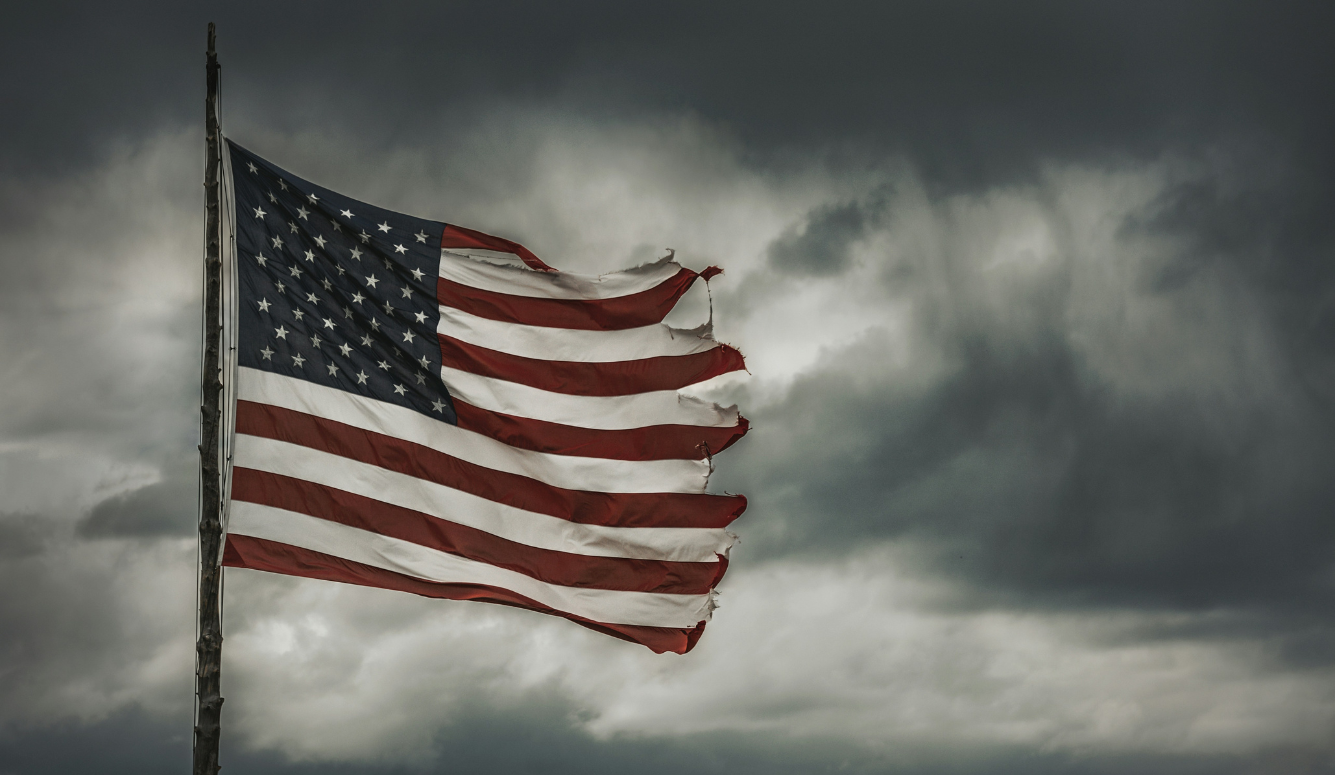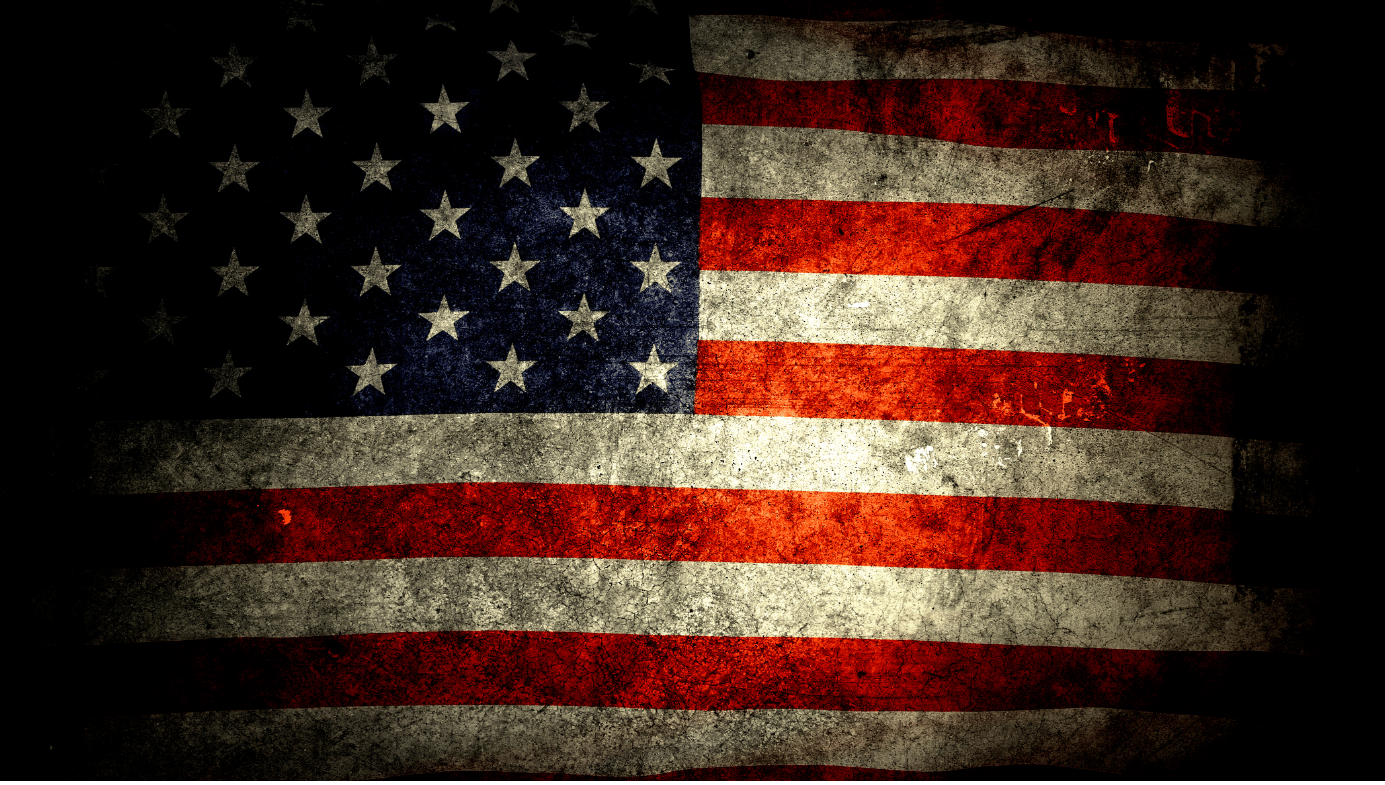United States
America’s Grief Cycle: The Negotiation Phase
How Trump’s tariffs and foreign policy signal the third phase of US decline on the world stage.

In 2021 I wrote a piece for Quillette arguing that the decline of American power in the world could usefully be analysed in terms of the Kübler-Ross Grief Cycle, the process by which individuals deal with tragedy, bereavement, and the dawning knowledge of imminent demise. The five stages are famously Denial, Anger, Negotiation, Depression, and Acceptance.

I concluded four years ago that the United States was still in the Anger stage, something that the re-election of Donald Trump has since underlined, Yet since his ‘Liberation Day’ tariffs announcements, America has now moved on from Anger into the Negotiation stage of the Cycle. As with terminal illness and bereavement, it is not a good a place to be.
It is historically very rare for a disruptor power to deliberately disrupt the very system that it created for itself, but that is what the Trump Administration has effectively done. President Harry S. Truman’s liberal international order was created in the late 1940s to make the world safe for American commerce and enterprise, which he correctly recognised would be good for the rest of the world too, as the huge numbers that have been raised out of absolute poverty over the past three-quarters of a century eloquently testify.






